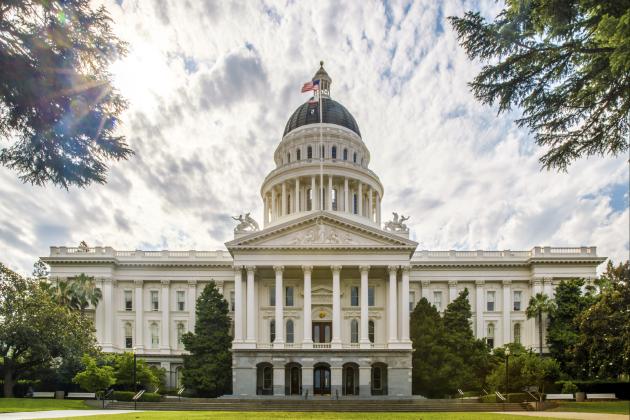- Economics
- US Labor Market
- Law & Policy
- Politics, Institutions, and Public Opinion
- State & Local
- California
Earlier this year, the California Supreme Court reclassified what it means to be an independent contractor in the state. For many current independent contractors, this reclassification will make it very difficult to continue to be legally viewed this way. This ruling has the potential to destroy up to 2 million highly productive, voluntary business relationships in the state. This ruling is bad economic policy making because it stands squarely in the way of mutually beneficial exchange, and it significantly restricts an individual’s freedom to choose how to practice their trade.
To be classified as an independent contractor under the new state ruling, an individual must prove that all of the following attributes are satisfied: (1) the work they do is not controlled or directed by the hirer, (2) the independent contractor’s work is different from the hirer’s line of work, and (3) the contractor’s trade is that which is typically practiced. If any of these attributes are not satisfied, then the person must be hired as an employee and not as an independent contractor.
Rules one and two will, in principle, rule out many independent contractor relationships. The first rule would seem to disqualify many relationships because a hiring organization will almost always provide direction and/or retain control of a project with an independent contractor. The second rule is creating particular concern in many service occupations such as hair styling, barbering, and salons because the standard business model in these areas is one of independent contracting, not one of employer and employees.
In a barber shop, the shop owner rents out a chair to another barber, who is an independent contractor. The independent barber supplies their own tools, they have their own clients, and the owner of the barber shop does little more than provide a working space for the independent barber.
This reclassification is damaging to this industry and others like it because barber shop owners do not want to hire barbers as their employees, and independent barbers do not want to be employees of their barber shop owners. Following this ruling, Sacramento barber shop owner Anthony Gianotti lost his entire hair-cutting crew of independent contractors as they were not willing to be reclassified as barbershop employees.
The issue extends beyond the preferences of independent contractors. Many of these businesses are too small to have the necessary resources or the existing expertise to insure that they comply with both Federal and State employee and labor laws. In California, these issues are complex, can be confusing, and cover many different areas of law and employment ranging from providing adequate protection for whistleblower employees, to not violating protected classes of worker attributes and understanding unlawful dismissal, to understanding details about criminal background checks—including when and why you can order a criminal background check, while at the same time understanding that it is illegal to ask a job candidate about the possibility of a criminal background.
This is not an area for amateurs. These issues are sufficiently complicated, so much so that there are two distinct and separate specialties of “employment law” and “labor law” among attorneys. According to the online legal website avvo.com, there are at least 15,500 licensed California attorneys specializing in employment and/or labor law.
According to the California law firm Royse Law, it is almost impossible for a small business to comply with all labor laws. The Society for Human Resources notes that small businesses rarely have trained human resources staff, and that almost all of the non-specialists who do manage employment issues within small businesses do not believe that they are qualified to perform this work.
The Supreme Court’s independent contractor reclassification clearly comes at a high cost. So why does the State wish to interfere with these voluntary relationships? The court argues that there are two major factors: the payroll tax revenue that the state does not collect and making sure that workers are covered by laws regarding wages, hours, and working conditions.
In terms of the latter, note that some individuals choose to be in an employee-employer relationship, while others prefer to be an independent contractor. This is as it should be; workers should be able to freely choose the relationship they prefer. Forcing those who choose to be independent contractors into employer-employee relationships is not sensible policy. So this really boils down to payroll tax revenue that the state could collect. The state’s labor commission estimates that the state’s payroll tax revenue would rise by about $7 billion if these independent contractors were simply reclassified as employees.
However, there is no legitimate reason for the state to demand payroll tax revenue from these relationships. The additional payroll taxes involved with the new reclassification are primarily for unemployment and disability. But independent contractors are ineligible for both state unemployment compensation and disability payments. The state is not owed any tax revenue from these individuals precisely because these independent contractors are completely outside the state’s unemployment and disability systems.
The reclassification of many independent contractors as employees will drive up business costs and will almost certainly eliminate some current relationships that will no longer be profitable with this change. If California policy makers prefer to have more workers in traditional employee-employer relationships, then the state can reform existing policies to make it less costly to form these relationships, rather than force people into them.
The state Supreme Court should not define what it means to be an independent contractor. And to take away an individual’s free choice of how they practice their occupation is flat out wrong.
















